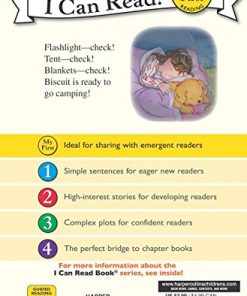It is well known that engaging in physical activity while outside offers a number of noteworthy advantages. The goal of this evaluation of the research was to provide an overview of the social advantages and disadvantages of Sports & Outdoor Play activities found in the academic literature and to consider the strength of the supporting data. Seven partners from several European nations, including Bulgaria, France, Germany, the United Kingdom, Italy, Portugal, and Spain, collaborated on a systematic assessment. Out of the 17,560 studies that were found, 133 studies were chosen, and the pertinent data was collected and entered into standardised formats. Qualitative research techniques have been used to analyse the chosen studies.
The variety of study designs and outcome measures precluded the execution of a meta-analysis. The review thus provides a summary of the social effects of outdoor sports, which have been grouped into six major categories: physical health, mental health and wellbeing, education and lifelong learning, active citizenship, crime reduction, anti-social behaviour, as well as other advantages. The assessment also uncovered gaps in the body of research, particularly with the potential long-term benefits of outdoor activities for social and personal growth.
Young children and teachers can both benefit from playing outside. It’s a welcome break in the routine—time set aside to look and listen, investigate and observe, move and have fun. Young children who spend time outside tend to have better physical and mental health, better sleep, and greater cognitive, social, and emotional development. Making sure that outdoor play is a regular component of your child care and educational setting’s daily plan boosts early learning in all areas and brings out a tonne of joy for both you and the kids.
Sports & Outdoor Play
Sports & Outdoor Play
Sports & Outdoor Play
Sports & Outdoor Play
Sports & Outdoor Play






















